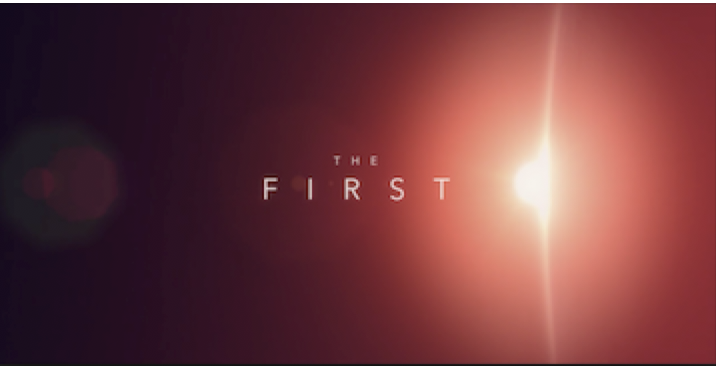Innovation is not always Progress!
06/02/2019

At the end of last year, some of you may have watched the TV series “The First” about the first mission to the planet mars set in the 2030s. A statement keeps ringing in my ears – “Innovation is not always progress” commenting about use of high tech gizmos vs pencil and paper. Now I’m not advocating we go back to the age of the quill pen, but on our travels we see so often so-called “technology solutions” being applied to problems, either we didn’t know we had, or haven’t thought through properly.
For example, we hear and read (usually from purveyors of such “solutions”) about Business Analytics (BA) and Business Intelligence (BI) being banded around as the ultimate in predicting, for example, when crimes are going to happen, with claims that these can be prevented, or about how so-called Big Data (BD) will predict when a sophisticated engineering system is likely to break down, or about how Artificial Intelligence (AI) can be used to predict faults in a communications network. Well, without changing the way we think, this is all BS!
For this blog we’ll pick just one example from the Police out of many such claims across the Private and Public Sector. The claim is that, had a Force been using a particular BI tool, a murder could have been prevented. This argument is reverse constructed from the event and works backwards to show how, if certain information had been available in one place, the murder could have been prevented.
The Police are, as are most organisations, part of a “world-system” working in a “Complex Environment”. We’ll draw from some break-through work originating from IBM, but has been taken further by a number of practitioners and academics – the so-called Cynefin Framework for understanding the environment you are operating in. More on this in the next blog, but for now, suffice it to say, that using techniques designed for a “Simple Environment” or a Complicated Environment” – which most of BI or BA or whatever you want to call it is created for – they just will not work. In particular the “IF – THEN – ELSE” or “ISHIKAWA Diagram” (Cause & Effect) do not work in a Complex Environment. Which means you cannot work back from an event and firmly determine its cause(s).
What we have to do is to stop substituting bright and shiny new technology in place of CHANGING THE WAY WE THINK.
Only when we change the way we think will we make sustained and real progress.
Innovation is not always progress!
Categories & Tags:
Leave a comment on this post:
You might also like…
Company codes – CUSIP, SEDOL, ISIN…. What do they mean and how can you use them in our Library resources?
As you use our many finance resources, you will probably notice unique company identifiers which may be codes or symbols. It is worth spending some time getting to know what these are and which resources ...
Supporting careers in defence through specialist education
As a materials engineer by background, I have always been drawn to fields where technical expertise directly shapes real‑world outcomes. Few sectors exemplify this better than defence. Engineering careers in defence sit at the ...
What being a woman in STEM means to me
STEM is both a way of thinking and a practical toolkit. It sharpens reasoning and equips us to turn ideas into solutions with measurable impact. For me, STEM has never been only about acquiring ...
A woman’s experience in environmental science within defence
When I stepped into the gates of the Defence Academy it was the 30th September 2019. I did not know at the time that this would be the beginning of a long journey as ...
Working on your group project? We can help!
When undertaking a group project, typically you'll need to investigate a topic, decide on a methodology for your investigation, gather and collate information and data, share your findings with each other, and then formally report ...
From passion to purpose: My journey at the Pinnacle of Aviation
By: Sultana Yassin Abdi MSc Air Transport Management, Current Student Born and raised in the vibrant landscape of the UAE, with roots stretching back to Somalia, my life has always been ...







I enjoyed this a lot David. It’s a subject I’ve been ruminating on for a while. I think that the ‘conscious criticism’ taken from the scientific method and implied in your post is incredibly important in organisational decision making. I’m beginning to think its the quickest route to avoiding the echo chamber.
Speaking as a tech leader, much of the technology is persuasive in its own right, but as you mention coupled with the way its marketed (an older blog post of mine touched on this point https://alphastatecouk.wordpress.com/2018/11/13/roll-up-roll-up-get-your-snake-oil-here/) it takes a brave person to question. But question we must!
Keep them coming.